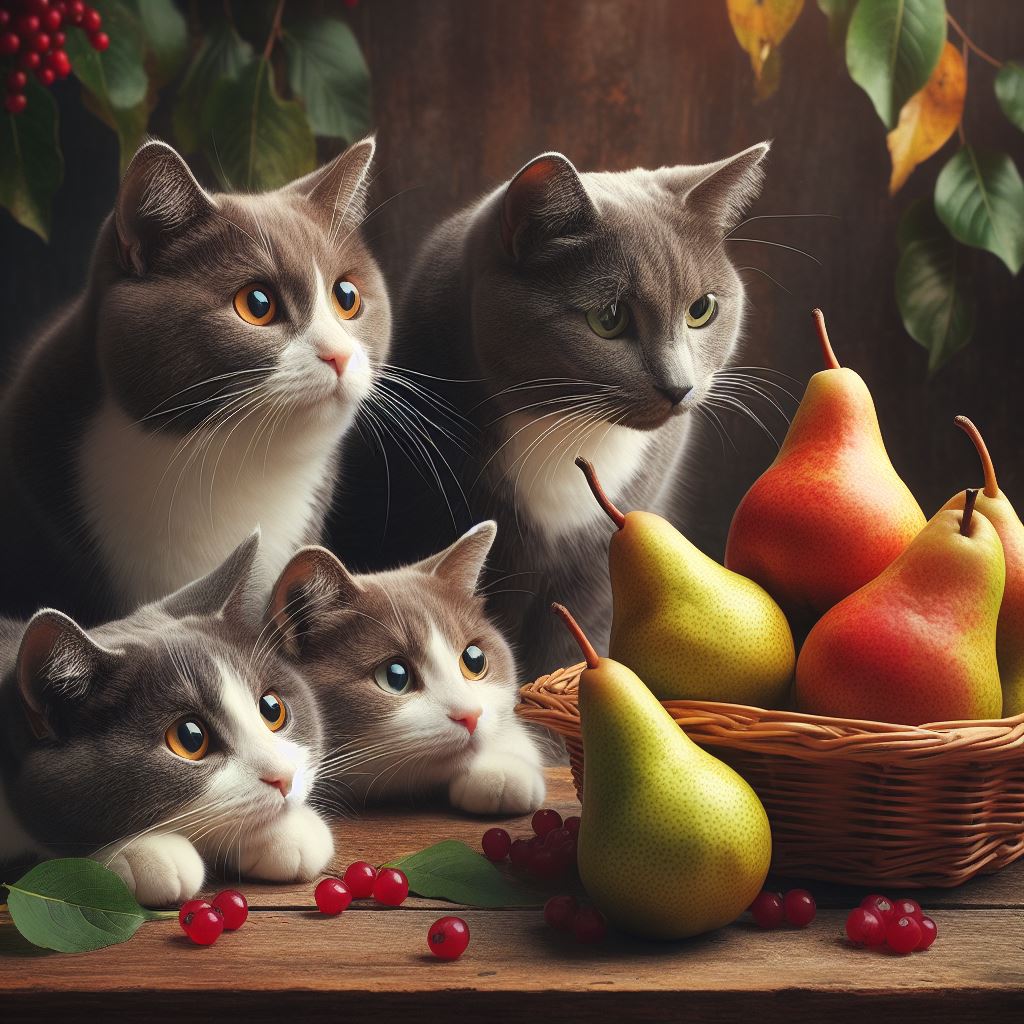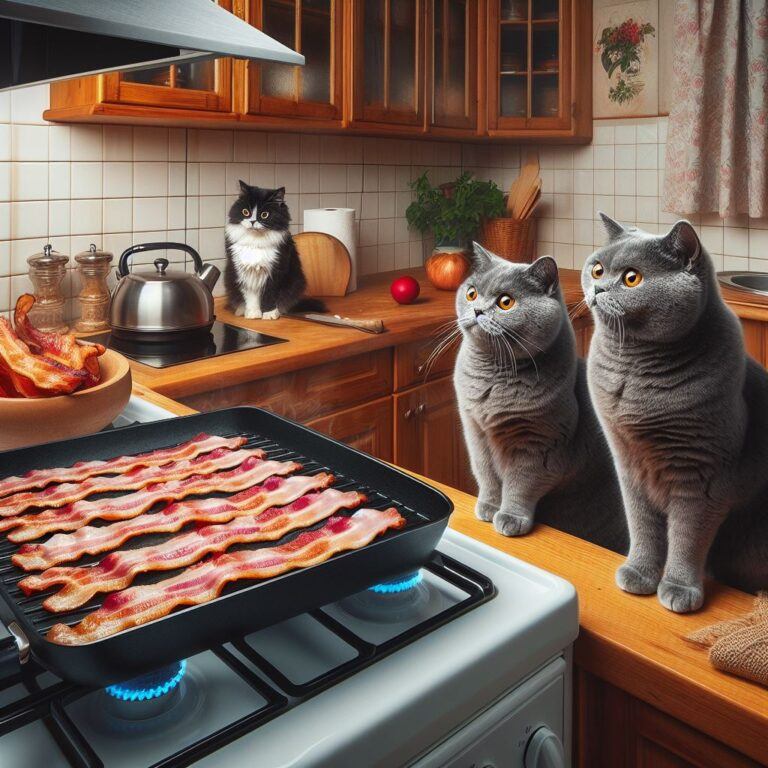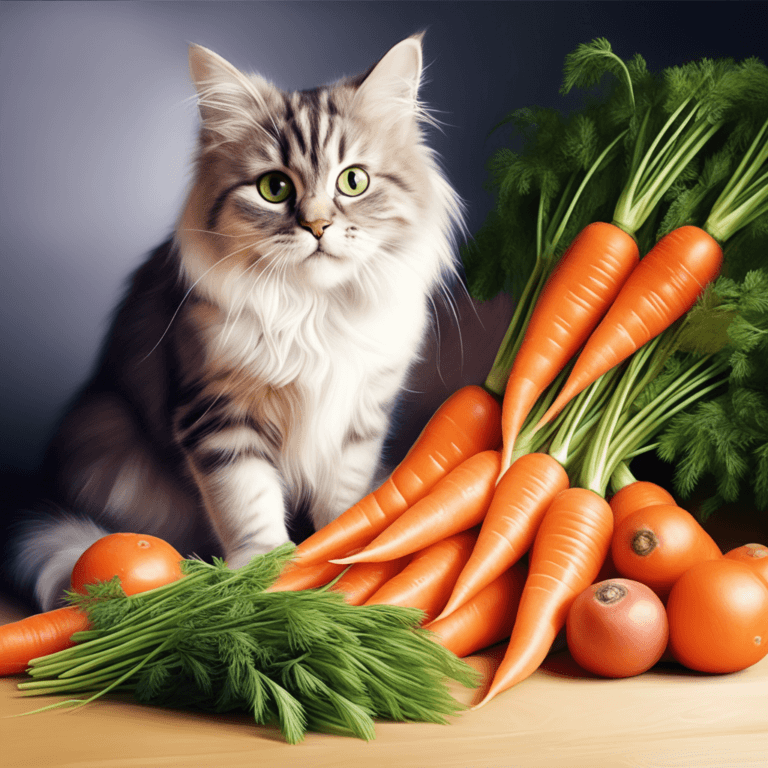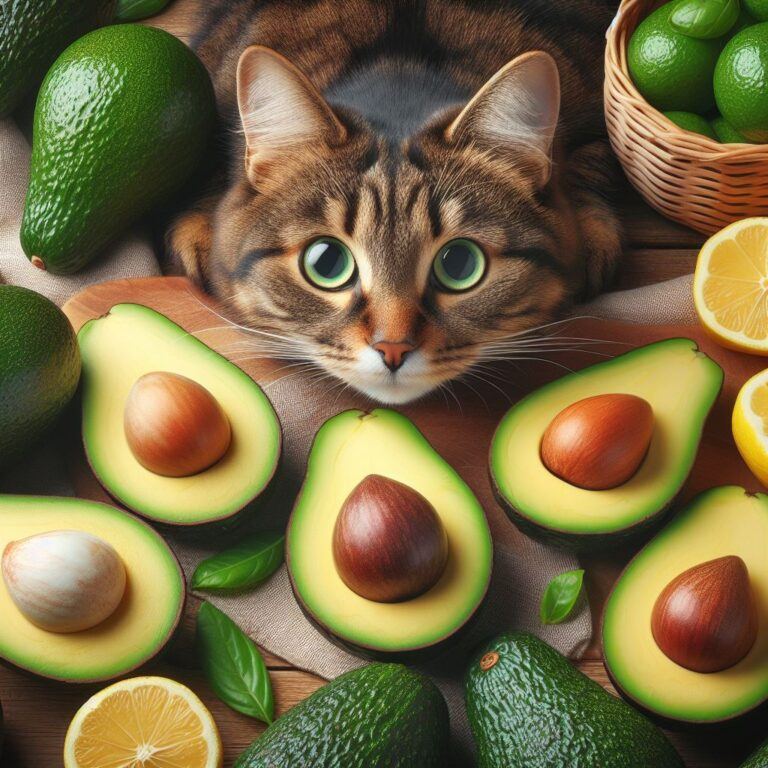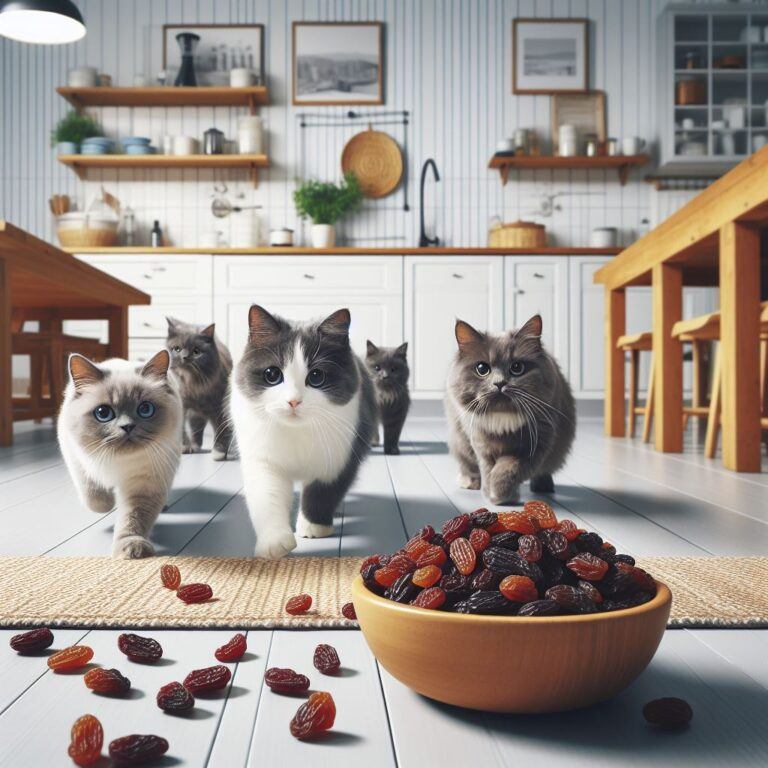Can Cats Safely Eat Pears
Can cats safely eat pears? Yes, cats can eat pears in moderation. However, as obligate carnivores, their primary diet must be rich in proteins, and fruits should be considered only as an occasional treat. Pears offer some vitamins and fiber and can be a healthy snack when given properly.
Pears, like any other fruit, possess a certain nutritional content that might or might not complement a cat’s dietary requirements. Understanding the nutrients found in pears—like vitamins C and K, and dietary fiber—is crucial, especially since cats have different nutritional needs than humans.
There are both potential benefits and risks when it comes to feeding pears to cats. For instance, the fiber in pears can aid in digestion, but the sugar content, although natural, is something cats wouldn’t typically consume in the wild. Knowing these risks is vital to prevent unwanted health issues.
As a responsible pet owner, it’s important to balance the desire to share a treat with your pet against the need for maintaining their overall health and well-being. Pears can only be a safe snack for cats when certain precautions are taken, such as removing the seeds and core, which contain traces of cyanide that can be harmful to cats.
Understanding Feline Nutrition: Is Fruit on the Menu?
I understand your curiosity about whether your cat can enjoy the same fruits that you do. Cats are obligate carnivores, meaning their diet should predominantly consist of meat. However, that doesn’t mean they can’t occasionally enjoy a fruit treat. Pears can be a safe choice in moderation, provided they’re prepared correctly.
Cats require a specific balance of nutrients such as proteins, amino acids like taurine, fatty acids, vitamins, and minerals. Fruits don’t naturally feature in their diet, especially when considering their wild ancestors’ eating habits. Yet, some domestic cats might show interest in fruits like pears, which can be offered as an occasional low-calorie treat.
Why might you consider giving your cat a piece of pear? Well, pears have fiber and vitamins, which can benefit your cat’s digestion and overall well-being. Even so, these benefits don’t outweigh your cat’s primary dietary requirements. It’s vital to ensure that any fruit, including pears, doesn’t substitute the essential nutrients found in a high-quality cat food.
Feeding Your Feline Friend: Best Practices for Offering Pears
If you’ve decided to give pears a try in your cat’s diet, REMEMBER to do so cautiously and sparingly. Start with a small, bite-sized portion to see how your cat reacts. Cats are individuals and their digestions can vary.
Wash the pear thoroughly to remove any pesticides or chemicals from the skin. It’s best to remove the skin entirely to avoid any digestive issues. Ensure the pear is ripe and soft, making it easier for your cat to chew and digest.
Remove all seeds and the core before offering a piece to your cat. Seeds contain traces of cyanide, which is harmful to felines even in small quantities.
Introduce pears as an OCCASIONAL treat, not a regular part of their diet. Pears, like any treat, should constitute no more than 10% of your pet’s total daily calorie intake.
Watch for any signs of indigestion or an allergic reaction after your cat consumes pear. If you notice any unusual symptoms like vomiting or diarrhea, discontinue feeding pears and consult your veterinarian promptly.
Always keep your vet in the loop. Before integrating new foods like pears into your cat’s diet, seek professional advice. Your vet can provide personalized guidance based on your cat’s health, breed, and dietary needs.

